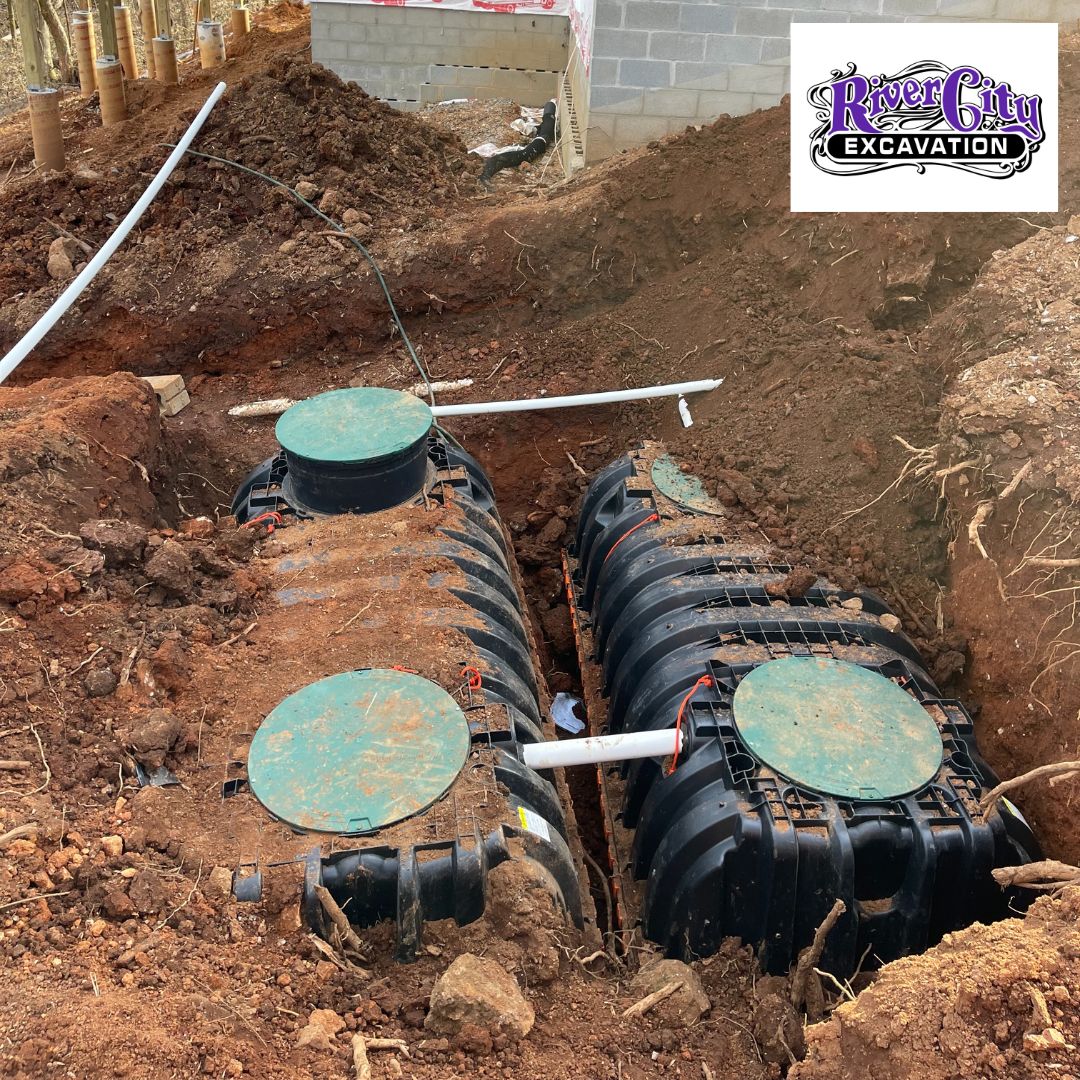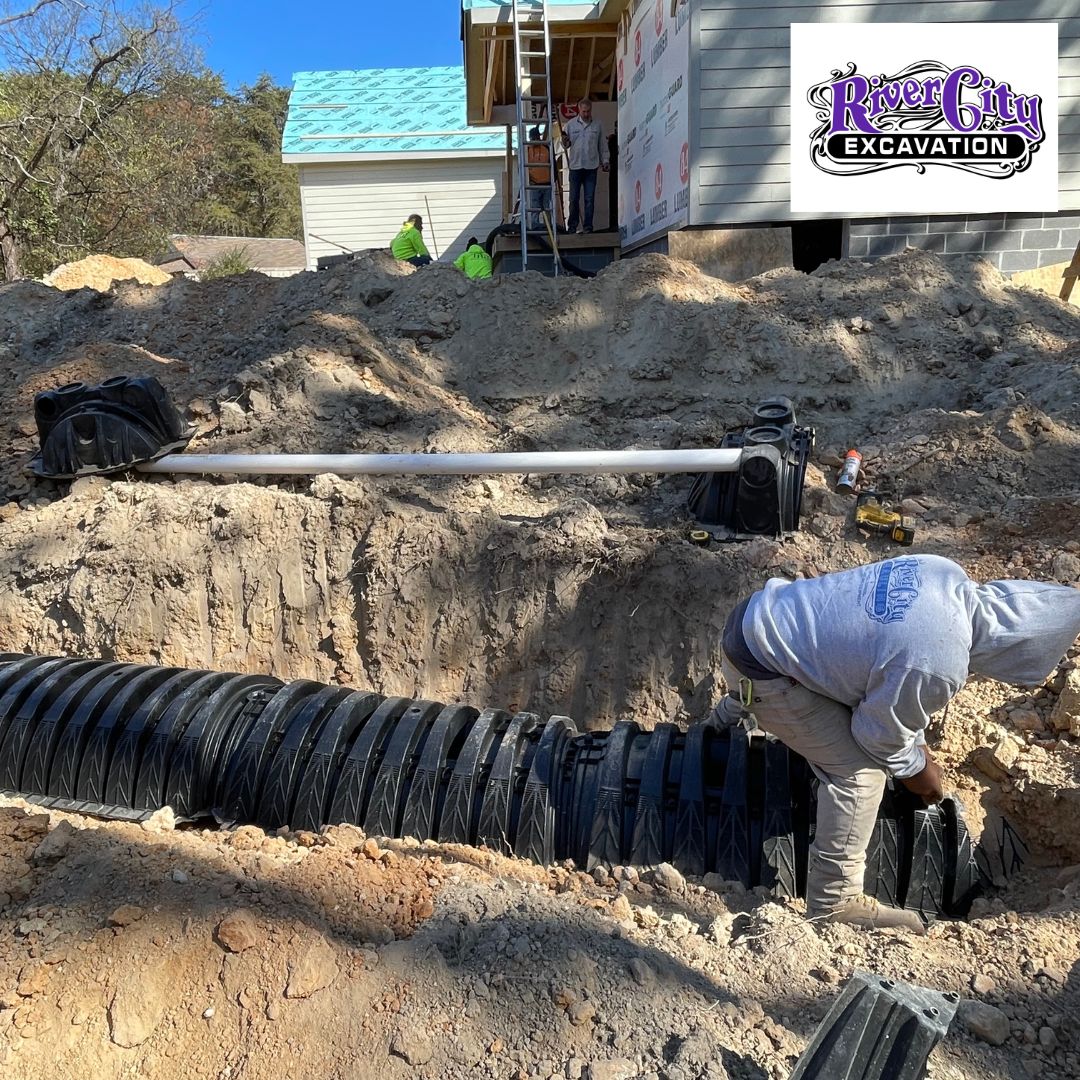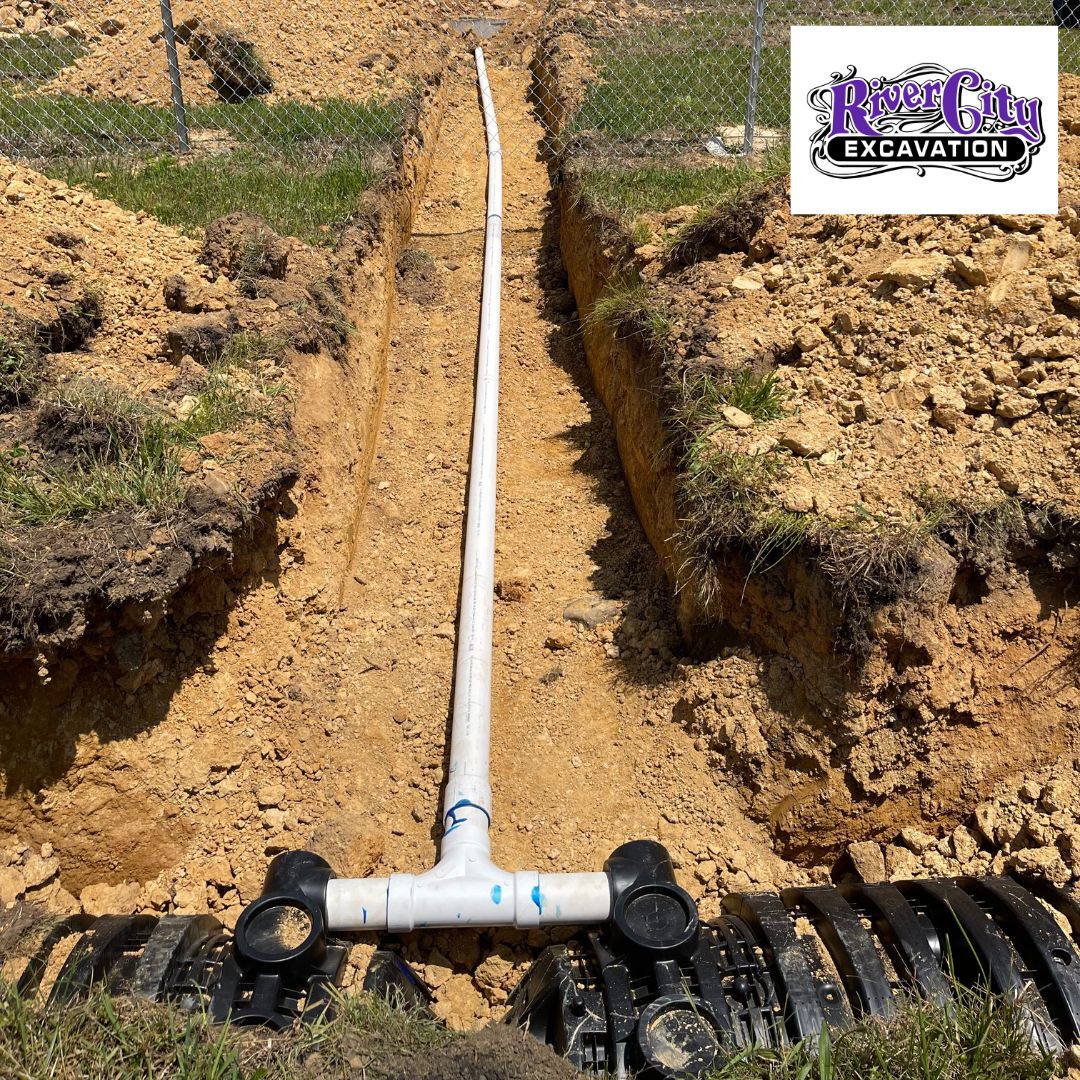Septic systems are essential for many households, especially in rural and suburban areas where public sewage systems aren’t available. Yet, these systems are often out of sight and out of mind until a significant problem arises. Did you know that the average septic system repair can cost anywhere from $3,000 to $7,000? The good news is that regular maintenance can help avoid these hefty expenses, keep your system functioning efficiently, and extend its lifespan.
In this comprehensive guide, we’ll explore why septic system maintenance is so important, the common problems that arise from neglect, and the steps you can take to ensure your system stays in top condition.
Understanding How a Septic System Works
Before diving into why maintenance is crucial, it’s essential to understand how a septic system operates. A typical septic system has three main components: the septic tank, the drain field, and the soil absorption area.
- Septic Tank: This underground container collects and stores wastewater from your home. Solid waste settles at the bottom, while oils and grease float to the top. The middle layer contains partially treated wastewater.
- Drain Field: The liquid waste flows from the septic tank to the drain field, gradually filtering through perforated pipes.
- Soil Absorption Area: The soil naturally filters and treats the wastewater as it percolates through the ground, removing harmful bacteria and pathogens.
Common Issues Caused by Neglect
Failing to maintain your septic system can lead to many problems, from minor inconveniences to severe health and environmental hazards. Here’s what can happen when regular maintenance is ignored:
- Slow Drains and Backups: One of the first signs of a neglected septic system is slow-draining sinks, toilets, and showers. This issue occurs when sludge and scum build up in the tank, blocking the flow of wastewater. If left untreated, this can lead to backups, causing wastewater to overflow into your home.
- Foul Odors: An overflowing or clogged septic tank can emit unpleasant odors inside and outside your home. This smell is undesirable and can indicate underlying severe issues with your system.
- System Failure: When solids are not regularly removed from the septic tank, they can eventually flow into the drain field, clogging the pipes and causing complete system failure. In severe cases, this can result in costly repairs or even the need for a complete system replacement.
- Environmental Damage: A failing septic system can leak untreated wastewater into the soil, contaminating local water sources and posing a risk to public health. This can spread diseases and damage to the environment, especially if the contamination reaches nearby rivers or lakes.
The Benefits of Regular Septic System Maintenance
- Preventing Costly Repairs: Regular septic tank pumping and inspections can help identify potential issues before they escalate into expensive repairs. Maintaining your system’s far more cost-effective than dealing with a complete failure.
- Extending the Life of Your Septic System: A well-maintained septic system can last 25-30 years, while neglected systems often fail within 15 years. Investing in routine maintenance can double the lifespan of your system, saving you thousands of dollars in replacement costs.
- Protecting Your Property and Environment: By ensuring your septic system is functioning correctly, you’re preventing potential damage to your property and protecting local water sources from contamination.
- Maintaining Home Value: A functional and well-maintained septic system is a valuable asset for any property. If you plan to sell your home, having a documented history of septic maintenance can increase your property’s value and attract more buyers.
Essential Septic System Maintenance Tips
- Schedule Regular Pumping: The frequency of septic tank pumping depends on the size of your household, the amount of wastewater generated, and the size of your septic tank. On average, septic tanks should be pumped every 3 to 5 years. Regular pumping prevents solids from building up and reduces the risk of blockages.
- Inspect Your System Annually: Annual inspections are crucial even if your tank doesn’t need pumping. A professional can check for signs of wear, leaks, or potential issues and ensure they are addressed before they become costly repairs.
- Conserve Water: The more water you use, the harder your septic system has to work. By conserving water, you’re reducing the strain on your system, which can help extend its lifespan. Fix leaky faucets, install water-efficient fixtures, and spread laundry loads throughout the week.
- Be Mindful of What You Flush: Never flush non-biodegradable items such as wipes, diapers, feminine hygiene products, or cooking grease down the drain. These items can clog your septic system, leading to backups and costly repairs.
- Use Septic-Safe Cleaning Products: Harsh chemicals can kill the beneficial bacteria in your septic tank that help break down waste. Opt for septic-safe cleaning products to maintain a healthy balance of bacteria.
- Maintain the Drain Field: The drain field is crucial in filtering wastewater. Avoid parking vehicles, planting trees, or building structures over this area, as it can compact the soil and damage the pipes.
Signs Your Septic System Needs Immediate Attention
- Slow Drains: If you notice multiple drains in your home running slowly, it could be a sign that your septic tank is full or that the system is clogged.
- Gurgling Sounds: Unusual gurgling noises from your pipes or toilets could indicate a problem with your septic system.
- Sewage Backup: This is one of the most severe signs of septic system failure. If sewage starts backing up into your home, it clearly indicates that your system needs immediate professional attention.
- Lush Green Grass Over the Drain Field: While it might seem like a good sign, overly green or soggy grass above your drain field could indicate that wastewater is not properly draining, suggesting a problem with your septic system.
Why Hire a Professional Septic Service Company?
Hiring a professional septic service company, like River Septic Co, offers several benefits:
- Expertise: Professionals have the knowledge and experience to identify issues that may need to be apparent to the untrained eye.
- Proper Equipment: Septic maintenance requires specialized equipment that most homeowners don’t have.
- Time and Cost Savings: Regular maintenance by a professional can prevent costly repairs and save you time and stress in the long run.
Maintaining your septic system is an essential aspect of homeownership, especially if you want to avoid costly repairs and extend the life of your system. By scheduling regular pumping, being mindful of what you flush, and conserving water, you can keep your septic system functioning efficiently for years.
Don’t wait until you have a messy and expensive problem—Contact River Septic Co. today for professional, reliable, and affordable septic system maintenance services. We’re here to help you protect your home, your wallet, and the environment.
Ready to extend the life of your septic system and avoid costly repairs? Call River Septic Co today to schedule your next septic system maintenance appointment. Let us help you keep your system running smoothly and efficiently!



